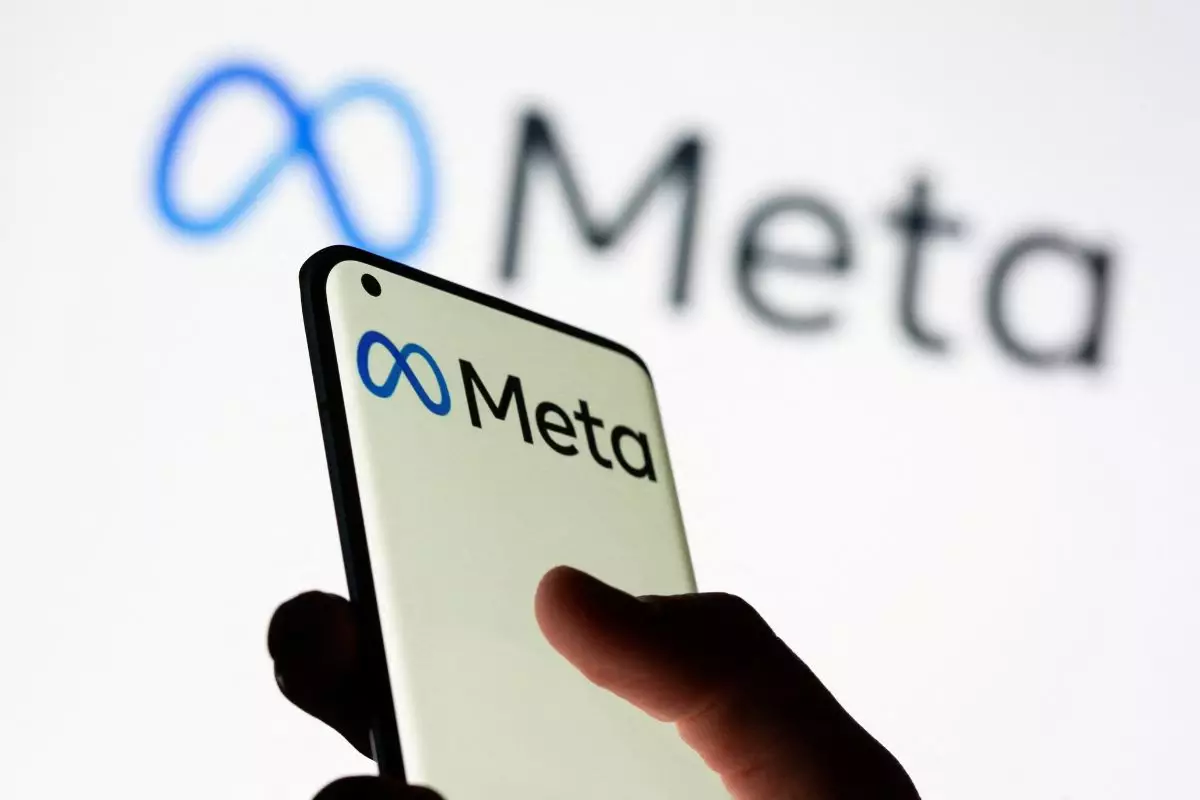In a remarkable disclosure during recent court proceedings, Meta CEO Mark Zuckerberg revealed that he contemplated spinning off Instagram back in 2018 due to escalating antitrust concerns. The notes he presented during the trial highlight a moment of existential reflection for a company that has often dominated discussions around Big Tech’s market power. At the core of Zuckerberg’s memo lies a sense of urgency, one that eerily mirrors the current landscape dominated by increasing scrutiny from regulatory bodies. The mere fact that Zuckerberg considered such a drastic move illustrates the palpable threat he felt from the winds of legislative change, signaling that the possibility of separation was not merely hypothetical but a genuine consideration for the future of Meta.
Zuckerberg’s caution underscores an inherent tension between growth ambitions and the regulatory environment. As he stated, the looming potential of being forced to divest Instagram or WhatsApp seemed real, particularly with the ever-increasing calls for the breakup of tech monopolies. This foresight demonstrates an astute awareness of the shifting dynamics in the political landscape surrounding Big Tech companies. Given the consolidated power of Meta, it’s fascinating to note how quickly a once-unshakeable position can be challenged by litigation and political will, compelling business leaders to think beyond their immediate strategies.
The Dichotomy of Strategy: Buy vs. Build
Throughout the trial, Zuckerberg reiterated the rationale behind acquiring Instagram: it had a superior camera technology that Meta was struggling to replicate. This admission sheds light on a broader strategic philosophy within tech giants: the “buy or bury” dilemma. For Zuckerberg and many other innovators, acquiring a competitor or a promising startup often feels like the most efficient path to gaining technological advantage. However, it also raises ethical concerns regarding potential monopolistic practices designed to stifle competition. By making the decision to purchase Instagram rather than develop a competing product, Zuckerberg implicitly acknowledged a fundamental truth about innovation in the tech industry: resource allocation can more easily meet user demands if one harnesses existing, superior technology rather than attempting to create it from scratch.
Yet, Meta’s aggressive acquisition strategy also illustrates the pitfalls of relying on external solutions in lieu of fostering internal innovation. As Zuckerberg candidly remarked, many of Meta’s endeavors to create new apps had faltered, reinforcing the idea that even companies with vast resources struggle with effective innovation. The history of Meta attempting to build and subsequently failing to launch pivotal apps highlights a perplexing reality: while mergers and acquisitions can readily fill gaps in product offerings, they also risk seducing leadership into neglecting their own innovation pathways, potentially undermining the very dynamism that sparked the tech revolution.
The Implications of Power Dynamics
Zuckerberg’s decision-making and the subsequent legal challenges from the Federal Trade Commission (FTC) illustrate a critical juncture in both business strategy and public perception. The FTC’s push against Meta’s acquisitions extends beyond legal violation; it raises larger questions about market fairness and consumer choice. In essence, the ongoing trial serves as a litmus test for the evolving relationship between giant technology firms and regulatory entities that are traditionally less nimble.
The FTC’s assertions regarding potential monopolistic practices strike at the heart of the concerns surrounding social media dominance. The argument that Meta holds undue sway due to its portfolio of platforms—specifically Instagram and WhatsApp—reveals an ongoing battle over what constitutes healthy market competition. Platforms targeting varying user needs, from social interaction to content sharing, further complicate the delineation between competitor and collaborator, forcing both regulators and consumers to rethink their definitions of competition and value.
A Fragile Future for Social Media Landscapes
As Zuckerberg continues to navigate the complexities of such legal battles, he will need to confront not just his past strategies but also the wider implications of his company’s marketplace behavior. History has shown that split-ups, which many companies initially resist, often lead to increased performance in the long run. By this measure, Meta’s reluctance to consider divestitures may reflect short-term thinking rather than a long-term strategic vision.
The revelations from Zuckerberg’s testimony present a vivid illustration of an industry at a precarious point in its development. With each passing day, the landscape is being reshaped not only by technological innovation but by regulatory scrutiny as well. Ultimately, the future of Meta, Instagram, and the broader social media ecosystem may hinge upon the outcome of these trials, compelling both leaders and innovators to rethink their roles in a world rapidly redefining the rules of engagement in the digital age.

